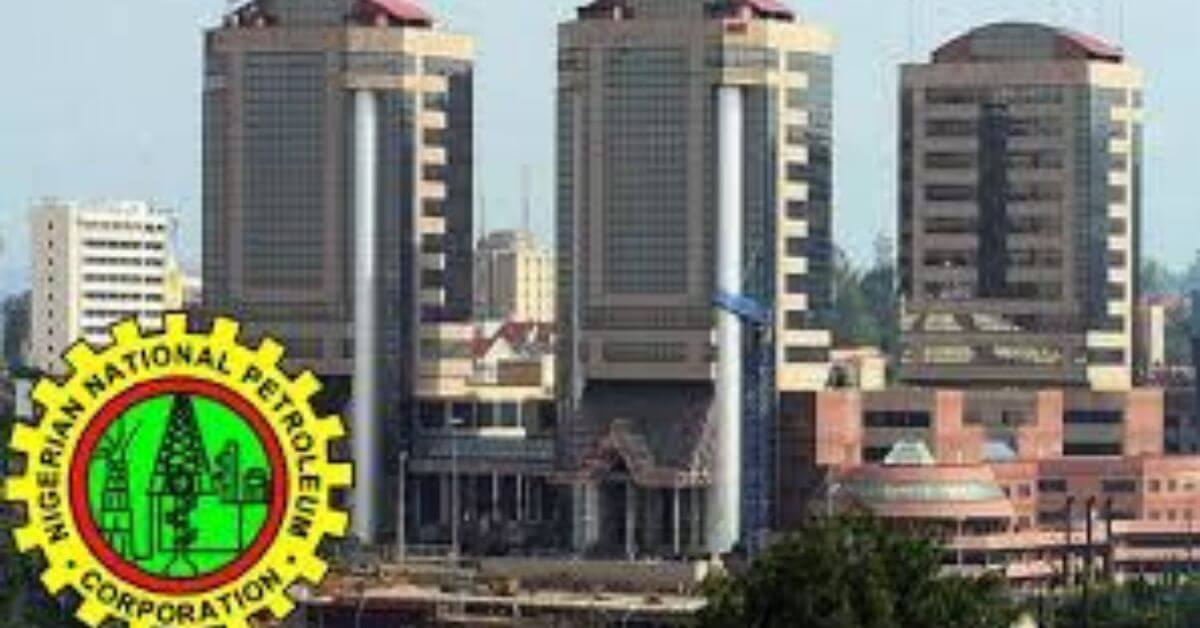Timeless Structures of Abuja. Nigeria’s capital, Abuja, is recognized for its sophisticated infrastructure and spectacular architecture.
Abuja, a planned metropolis, has a unique fusion of modern architecture and cultural influences, along with famous structures that have come to represent the city’s character.
In this blog article, we’ll look at some of Abuja’s most recognizable structures, admiring their stunning architecture and the tales they have to tell about the evolution and development of the city.
Nigerian National Mosque
The Nigerian National Mosque is an architectural marvel that honors Nigeria’s Islamic heritage and is situated in the center of Abuja.
The mosque serves as a representation of religious harmony and national pride thanks to its imposing domes, dexterous geometric designs, and soaring minarets.
It has space for thousands of worshippers and provides a calm setting for meditation and prayer.
Nigerian National Christian Centre
The Nigerian National Christian Center, located next to the Nigerian National Mosque, is a symbol of Nigeria’s Christian legacy.
With its imposing center church and magnificent architectural features, this magnificent landmark stands out as an important representation of Christianity in Abuja.
It draws both locals and tourists by hosting religious gatherings, conferences, and cultural events.
Central Bank of Nigeria Headquarters
The Central Bank of Nigeria Headquarters is a famous structure that exemplifies the city’s contemporary architectural style.
The structure represents strength and stability in the economy thanks to its remarkable geometric design and reflected glass façade.
The striking building houses the central bank’s offices and has a significant impact on how Nigeria’s economy is run.
Nigerian National Assembly Complex
The Senate and the House of Representatives are among the legislative bodies that call the Nigerian National Assembly Complex home.
Its architectural style, which incorporates elements like the Arabian Dome, Yoruba patterns, and Hausa architecture, is inspired by Nigeria’s rich cultural past.
The complex serves as both a democratic seat and a representation of Nigeria’s diversity and togetherness.
Nigerian National Stadium
The Nigerian National Stadium is a notable sporting monument in Nigeria and is situated in the center of Abuja.
The stadium has hosted a wide range of domestic and international sporting events because of its enormous seating capacity and cutting-edge amenities.
It serves as a representation of the country’s sporting prowess and love of athletics, promoting a sense of pride in the country.
NNPC Towers
With their streamlined and contemporary design, the NNPC Towers, also referred to as the Nigerian National Petroleum Corporation Towers, dominate Abuja’s skyline.
The NNPC, Nigeria’s state oil company, is headquartered in these twin buildings.
The structures exhibit the city’s desire for development and growth as well as the significance of the oil sector to Nigeria’s economy.
Federal Secretariat Complex
The Federal Secretariat Complex is a sizable federal structure that contains a number of ministries and government organizations.
A succession of connected towers and courtyards make up its distinctive architecture, combining practicality and beauty.
The building complex represents the government’s presence in Abuja and acts as a focal point for administrative activities.
Nigerian Communications Commission Headquarters
The NCC Headquarters is an architectural wonder that perfectly captures Nigeria’s progress in technology.
The building’s distinctive design, which combines contemporary features with traditional African patterns, represents the country’s dedication to innovation and communication advancement.
It houses the regulatory organization in charge of regulating Nigeria’s telecom sector.
ECOWAS Secretariat
The Economic Community of West African States (ECOWAS) is headquartered at the ECOWAS Secretariat.
Combining modernist architecture with traditional African elements, the building’s design stands for regional cooperation and integration.
In order to promote political, economic, and social development among member states, the ECOWAS Secretariat is essential.
Nigerian National Museum
The Nigerian National Museum is an architectural marvel that displays Nigeria’s rich cultural heritage and is located in Abuja.
The museum’s distinctive design blends components of traditional Nigerian architecture to provide a visually appealing environment for displaying the variety of cultural and historical items the nation has to offer.
It gives tourists the chance to delve into Nigeria’s rich cultural heritage.
Besides, Timeless Structures of Abuja, In Abuja, Where Can Life Camp be Found? is another excellent destination.
Conclusion
Timeless Structures of Abuja. The city’s prominent structures are a symbol of Abuja’s development, identity, and goals.
These architectural wonders, which range from political and religious buildings to sports venues and cultural organizations, add to Abuja’s distinctive character and serve as reminders of Nigeria’s rich history.
The architects and city planners have created a cityscape that symbolizes Nigeria’s past, present, and future by skillfully fusing modern design with cultural influences.
Take some time to admire these recognizable structures while you explore Abuja, taking in the cultural diversity and exquisite architecture that make Abuja Nigeria’s capital city.





